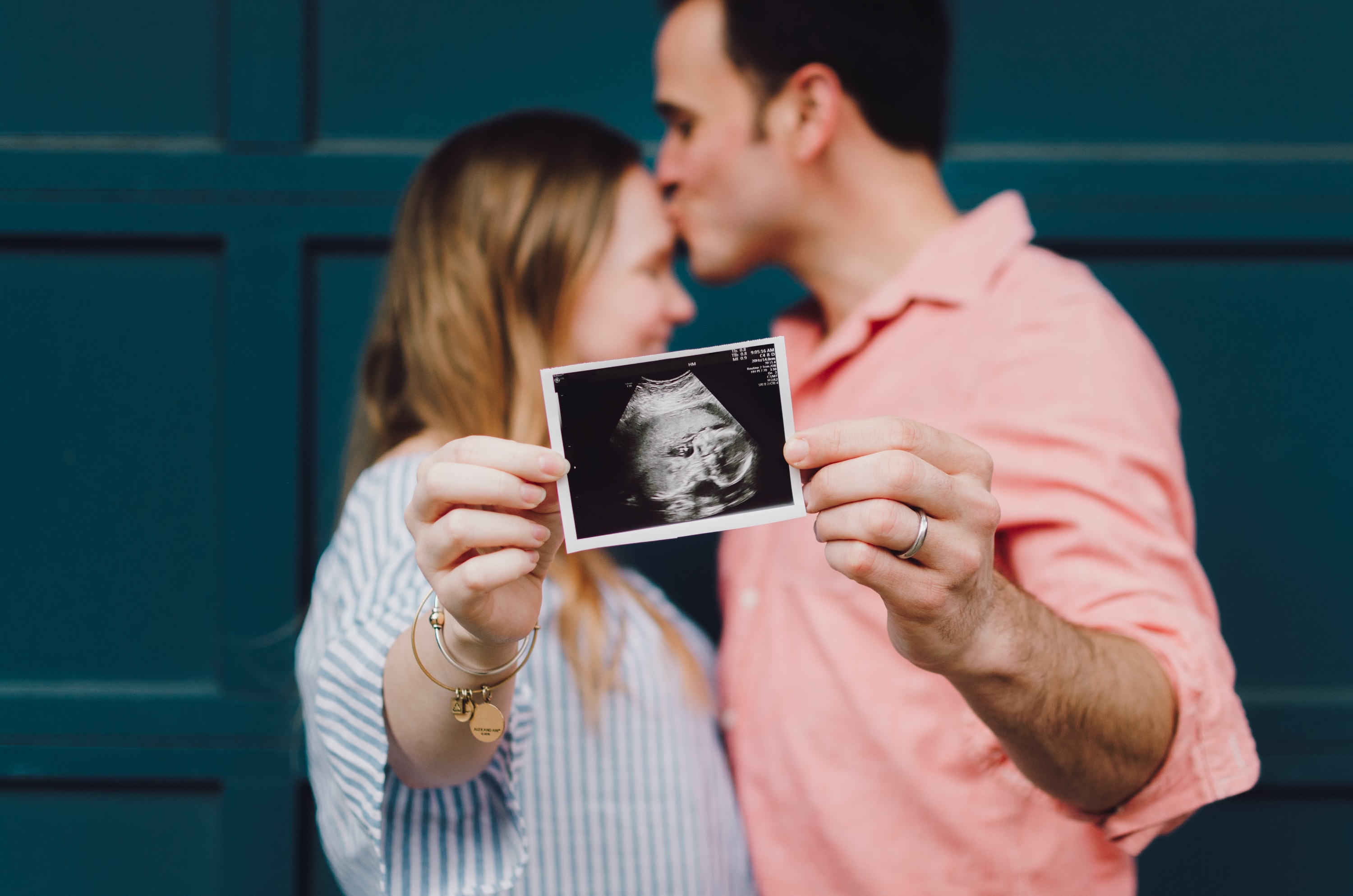Expert Reaction
These comments have been collated by the Science Media Centre to provide a variety of expert perspectives on this issue. Feel free to use these quotes in your stories. Views expressed are the personal opinions of the experts named. They do not represent the views of the SMC or any other organisation unless specifically stated.
Associate Professor Alex Polyakov is a Clinical Associate Professor in the Faculty of Medicine, Dentistry and Health Sciences at the University of Melbourne and is a Medical Director at Genea Fertility Melbourne
In this study, researchers wanted to understand how different lifestyle factors can impact a woman's ability to conceive. Many women are interested in knowing what they can do to increase their chances of getting pregnant. The researchers found that several lifestyle factors can impact a woman's fertility, including body mass index, diet, smoking, alcohol intake, folic acid supplement use, and maternal age. To make it easier for women to understand how these factors can impact their fertility, the researchers developed a score that takes into account these different factors.
The study found that the likelihood of conceiving decreased as the score increased. For example, women with the highest risk score had a 77% decrease in the likelihood of conceiving compared to those with the lowest risk score within one year. This highlights the importance of making positive changes in these lifestyle factors for women who are trying to conceive.
The study's results are important for women who are trying to get pregnant and for healthcare providers who work with women who are trying to conceive. By understanding how different lifestyle factors can impact fertility, women can make informed decisions about how to increase their chances of getting pregnant. Additionally, healthcare providers can use this information to guide women in making positive lifestyle changes, which can help improve their fertility.
The study provides important insights into how different lifestyle factors can impact a woman's ability to conceive. The score developed by the researchers could be a valuable tool for women trying to get pregnant, helping them understand how they can improve their chances of conceiving.



 International
International



